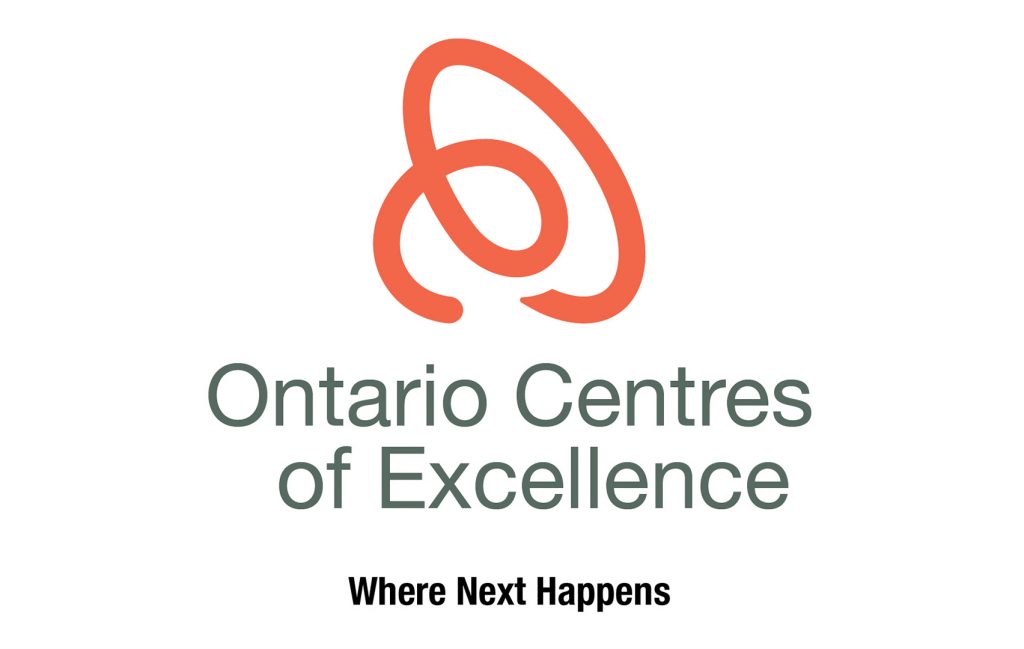WIMTACH provides web app expertise to growing nutraceutical company Namena

The industry partnership between Namena Pharma (Namena) and WIMTACH is what Mohammed described as “a Godsend”. In November 2019, Namena attended a rare disease workshop, which doubled as a networking opportunity for Namena to expand its industry partners and raise awareness about their growing list of products and services. It was at the workshop that Namena co-founders Mohammed and Hakim met WIMTACH Project Manager Jeziel Vidad.
“We met on a Friday. It was a Godsend meeting because we [already] had this project in mind. We were already discussing this project. Jeziel said, “…WIMTACH does this kind of work.” And we met [the following] Monday at 8:30am at Centennial. We hit the ground running actually because it was near the end of the year…We had a meeting, drew the scope, signed the agreements and moved forward,” said Mohammed.
After several meetings to scope, scale, budget and determine the schedule of the project, Namena received a $10,000 voucher from WIMTACH via the College Voucher for Technology Adoption (CVTA) program. Namena Pharma is a Canadian-based company that produces nutraceuticals, pharmaceutical alternatives that are derived from natural sources and claim physiological benefits.
Founded in 2015, the company aims to provide products and support to families with kids with rare diseases, specifically Rett syndrome, which is a rare genetic and neurological disorder that affects mostly girls. Namena already has nine over-the-counter products available in stores such as Loblaws and Rexall.
Mohammed and Hakim needed a partner that would support the expansion of their business into new markets in Canada and the United States. Specifically, they were looking for web application and software expertise to develop an interactive website that allows for market interaction, interaction with patients’ families, delivery of products in Canada, USA, Europe and promotes contributions to educational forum discussions. Namena welcomed the partnership with WIMTACH under the CVTA program because of the expertise and experience with backend development, software development and web applications on WIMTACH’s part that would bring their ideas to fruition.
While the project began in December 2019, the pandemic changed the schedule of work. Despite the delay it caused, the eight Centennial students, Principal Investigator Majura Maheswaran and the Namena team all worked together through online correspondence and regular meetings to continue developing the website. “Before the pandemic, we used to have face to face meetings. They were great. The leadership was great. We had a number of students attending the meetings. We now have online meetings. Things are moving forward,” explained Mohammed. “The team is pretty good,” said Hakim. “Very responsive, very active. The communication has been good and it seems like all areas have been covered.” The project is still ongoing and is expected to finish in two to three weeks.
Mohammed and Hakim are also focused on the social impact of their project. Many families with children with rare diseases feel isolated because there are few other people who share similar experiences and there is little information for them to learn more. In the near future, Namena plans to have a comprehensive website that serves as social support for families and includes more rare diseases, more information and more ways for physicians to educate themselves and others.
“This is just one rare disease. There are 7,000. We want to take the platform to the next step and bring the community of rare diseases together. These are very small groups [that] don’t have any political power to do anything. [On the new website], physicians who come into contact with rare diseases for the first time can leave questions for other physicians to answer and engage with. We want to make the website interactive and educational for the families as well,” said Mohammed.
In addition to this website, Namena is also looking to resume clinical trials of their new product. Two months ago, the company was supposed to do one for a new product for Rett syndrome, which was supported by various partners, including the Ontario Brain Institute. However, the pandemic delayed these trials and changed the focus of work. Namena completed an Interactive Visit with Design department professor Miro Gliz to develop a product design for their next Rett’s syndrome product.
Mohammed and Hakim recommend that other companies work with WIMTACH because “it’s a win-win for everyone.”. Beyond that, it is a learning opportunity for students to take on new challenges and use their time in ways that benefit their knowledge base now and their career prospects in the future.
For more about WIMTACH’s services and expertise, please visit: https://wimtach.centennialcollege.ca/services/
WIMTACH proudly recognizes funding to support this work from the College Voucher for Technology Adoption (CVTA) program of the Ontario Centres of Excellence (OCE).



0